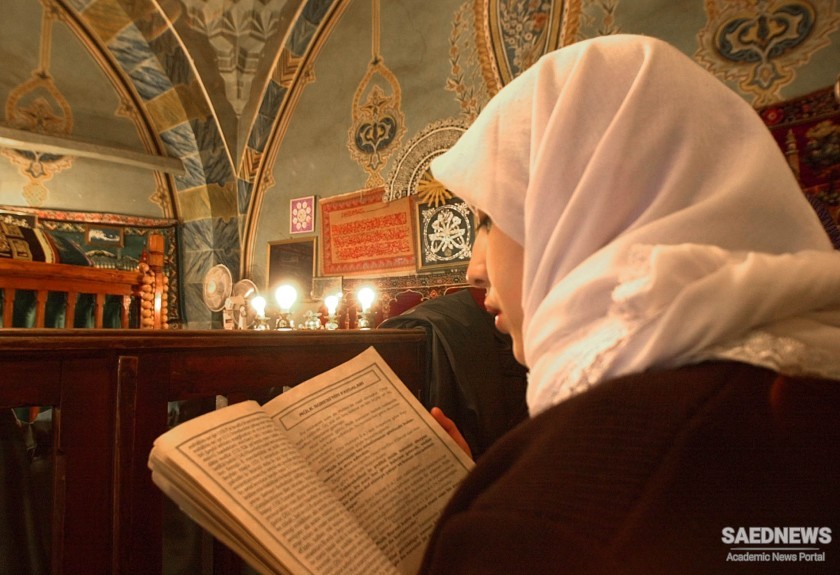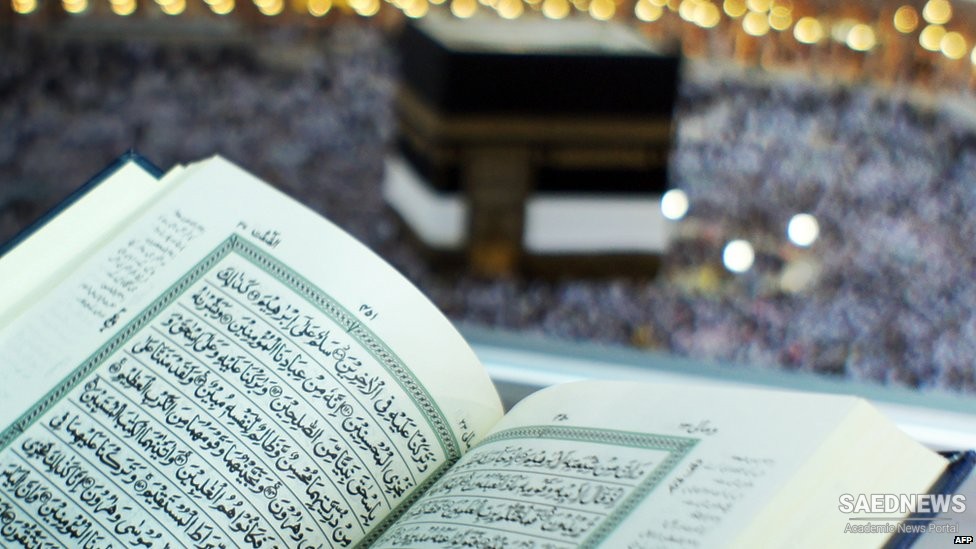The Koran is the fundamental document of Islam and, since its codification, the unchangeable basis of Islamic faith and life. To the community of the believers it gave – and still gives today – the basis of communal faith and communal action. It contains the basic duties of the Muslim, namely those fundamentals of communal life which tradition designates as the ‘pillars of Islam’: prayer, or rather, adoration, the worship of God, which is incumbent on every believer at set times; fasting in the month of Ramazan – a communal experience, which determines for one month every year the private and public life of the Islamic world; the pilgrimage to Mecca which, even in the age of the aeroplane, is not possible for every Muslim, but which is the fulfilment of a lifetime for many believers who follow the example of their Prophet in all the details of the ritual; the duty to give alms which also in the form of taxation levied by the state preserves an awareness of social responsibility; and finally, the confession of faith ‘There is no God but God, and Muhammad is His Prophet’, and the recitation of the Revealed texts in general which unite all Muslims in communal worship of God, whatever their particular religious persuasion (Source: Islam, A Historical Introduction).



 Koran the Unique Source of Islamic Revelation
Koran the Unique Source of Islamic Revelation














































